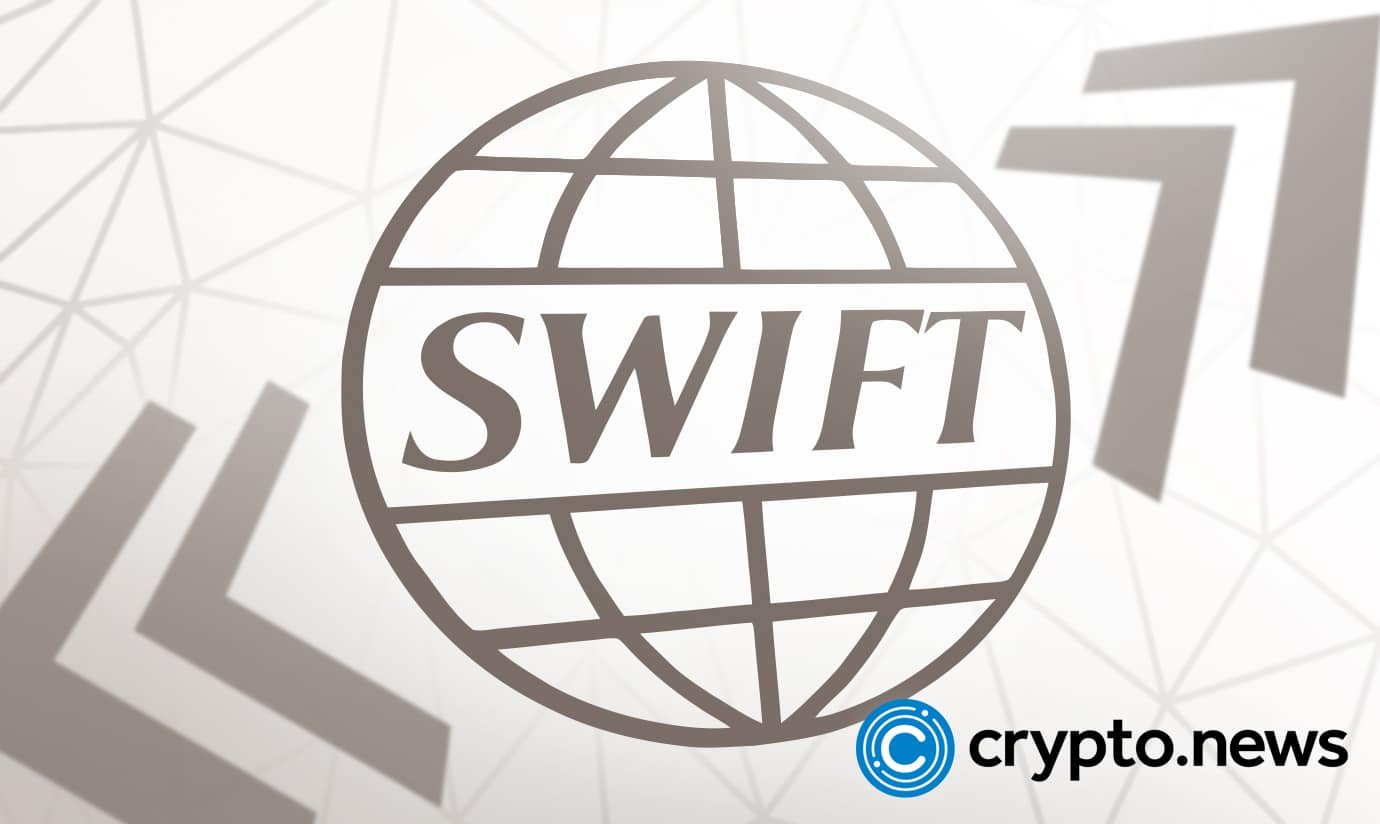
SWIFT will trial live transactions of tokenized assets and digital currencies in 2025, aiming to integrate blockchain-based tokens into the broader financial system.
Global financial messaging network SWIFT will trial live transactions of tokenized assets and digital currencies in 2025, marking a step toward broader adoption of blockchain-based finance, per a Reuters report on Oct. 3.
Banks and asset managers have long explored tokenizing assets like bonds, hoping blockchain technology can streamline trading and cut costs by eliminating middlemen. However, these efforts have struggled to gain traction in the wider market.
SWIFT has been involved in trials of central bank digital currencies and tokenized assets. The network’s latest initiative aims to connect these innovations with traditional banking, a move SWIFT says reflects rising industry demand for real-world digital asset transactions.
“To successfully trade and settle a tokenized bond transaction, you need the cash and that’s where a tokenized deposit or wholesale CBDC comes in. It’s not good enough if you just have delivery or just payment, you need both.”
SWIFT
As 90% of the world’s central banks explore digital currency options, SWIFT’s new platform — expected to launch within the next one to two years — aims to integrate CBDCs into the financial ecosystem. The organization believes that successful trading and settlement of tokenized bonds require both tokenized deposits or wholesale CBDCs, ensuring that payment and delivery are equally supported.
However, despite SWIFT’s integration efforts, not all countries are rushing to develop their digital currencies. Concerns persist regarding technological and regulatory hurdles, as highlighted by Sweden’s Riksbank, which emphasized the need for extensive technical and regulatory development to ensure secure offline payments with e-kronas.